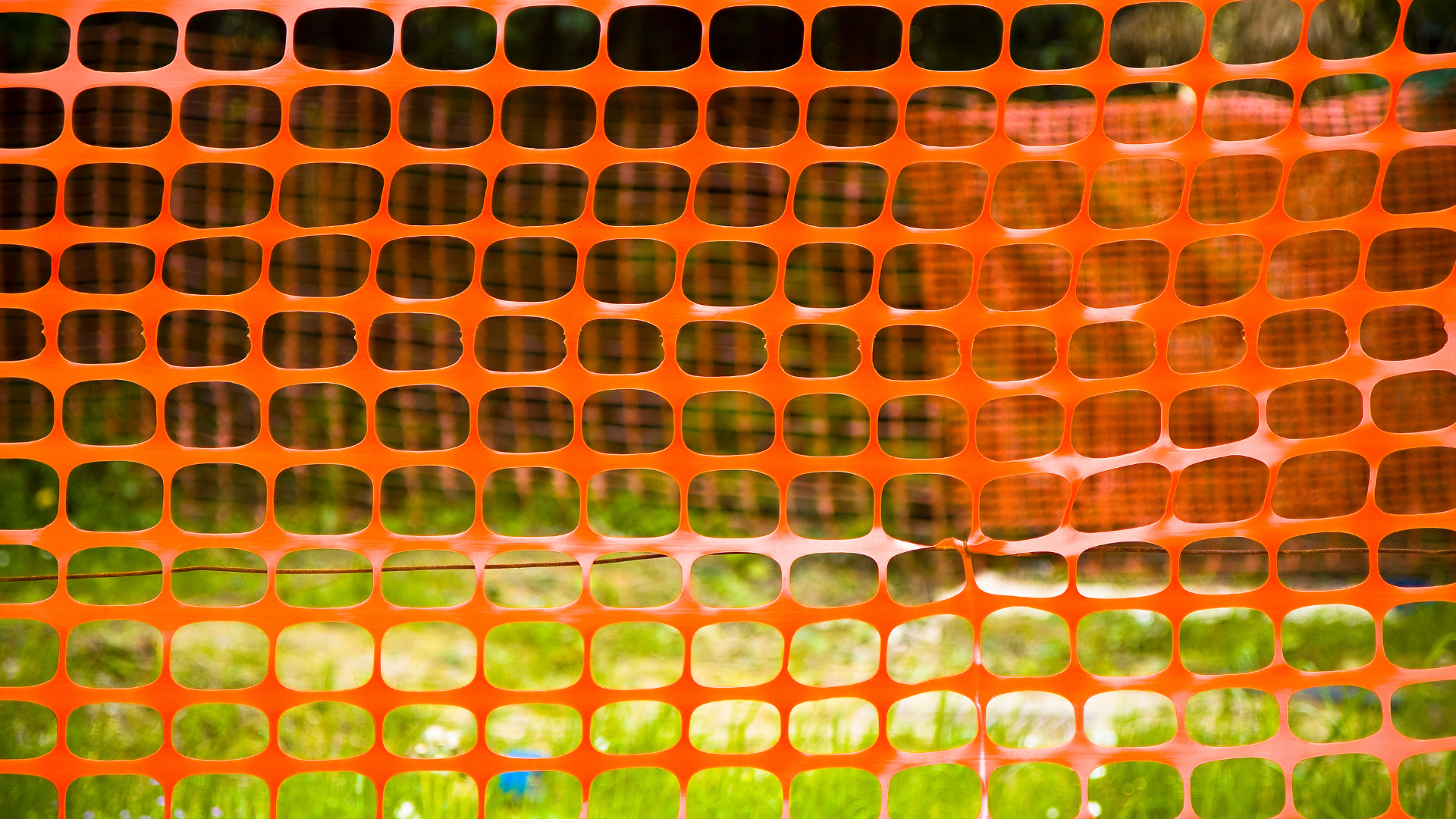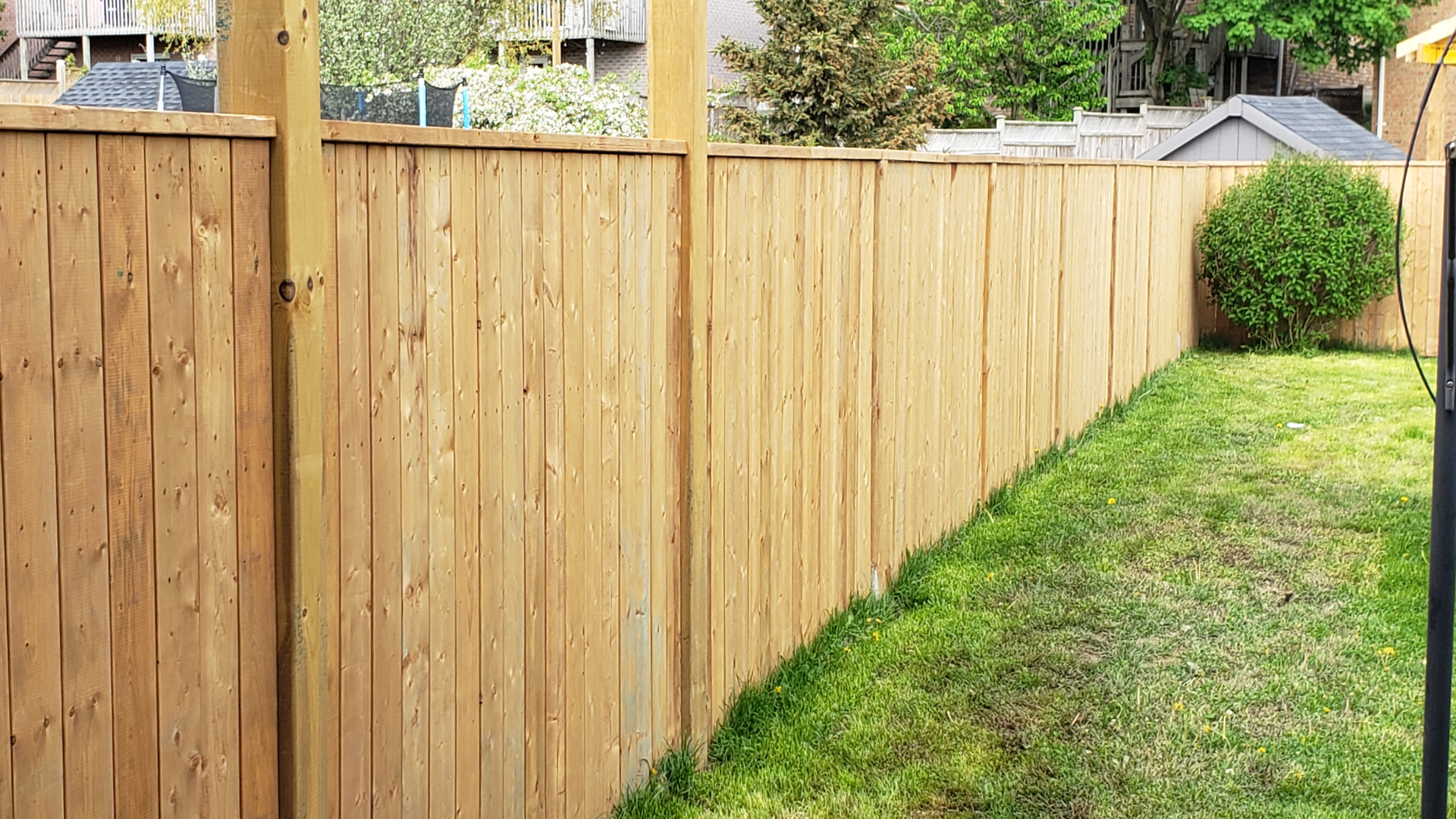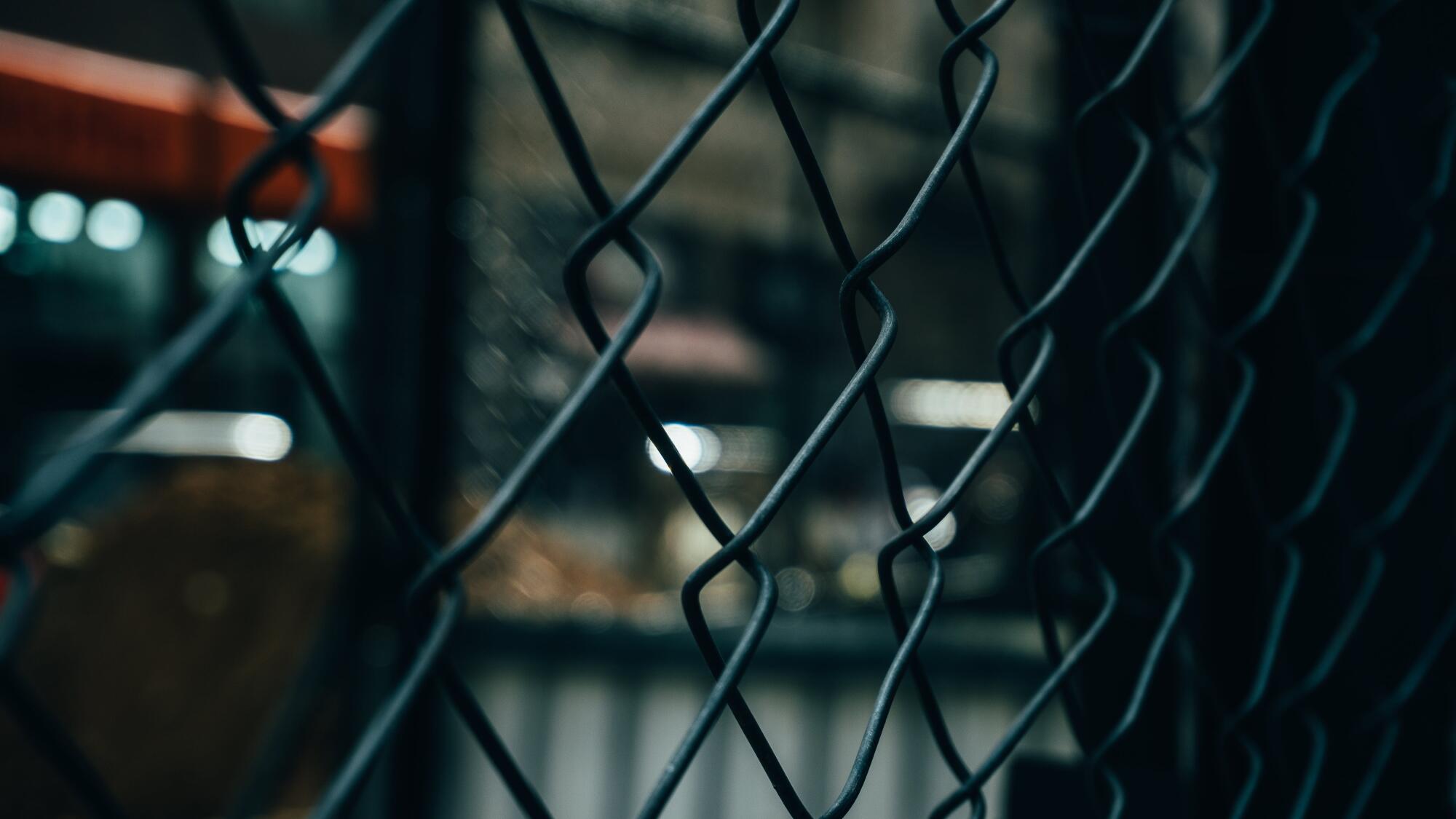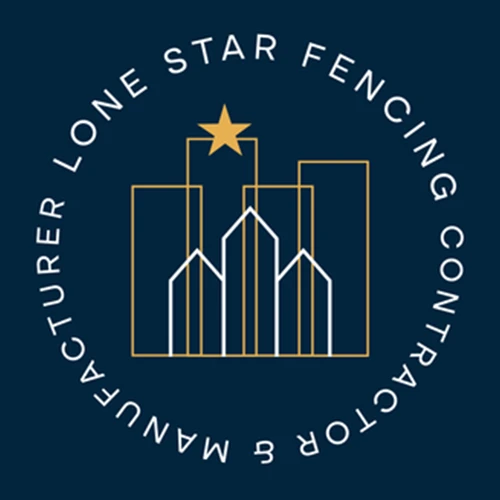Commercial fences are specialized fencing solutions designed to meet the specific needs of businesses, organizations, and commercial properties. These fences serve essential functions such as enhancing security, providing privacy, defining property boundaries, and ensuring safety compliance.
Security is a primary concern for commercial properties, and commercial fences play a crucial role in deterring unauthorized access and intruders. They are available in various sturdy materials like chain-link, ornamental iron, and high-security options with features like barbed wire or anti-climb designs.
Perimeter fencing is commonly used to enclose entire commercial properties, creating a clear boundary and controlling access points. Access control features such as automated gates, keypad entry systems, and surveillance cameras can be integrated into commercial fences to manage and monitor visitor flow efficiently.
Privacy is essential for businesses dealing with sensitive information or confidential operations. Commercial fences can provide privacy through solid panel options or vinyl screening.
Safety compliance is critical for certain industries and facilities. Commercial fences can meet specific regulatory standards to ensure a safe environment for employees and visitors.
Commercial fences also contribute to the overall aesthetics of a property, as businesses can choose from a variety of styles and materials that align with their brand image and architecture.
By providing security, privacy, safety compliance, and professional appearances, commercial fences offer peace of mind to business owners, protect assets, and create a secure environment for clients, customers, and visitors.
Choosing a reputable fence contractor with experience in commercial fencing projects is crucial to ensure compliance with local regulations and the installation of durable, high-quality fencing materials tailored to each commercial establishment’s needs.
Fence installation is the process of professionally setting up fences around residential, commercial, or industrial properties. The primary purpose of fence installation is to enhance security, privacy, aesthetics, and property definition for the property owner. The installation process involves several essential steps to ensure a successful and durable fence.
The initial step in fence installation is a consultation with the property owner to understand their specific requirements, preferences, and goals for the fencing project. During this phase, the property’s size, layout, and any local regulations or permit requirements are considered.
The next step is material and style selection, where the property owner chooses the type of fence material that best suits their needs and budget. Common fence materials include wood, vinyl, chain-link, aluminum, and wrought iron, each offering distinct benefits.
Security is a primary concern for commercial properties, and commercial fences play a crucial role in deterring unauthorized access and intruders. They are available in various sturdy materials like chain-link, ornamental iron, and high-security options with features like barbed wire or anti-climb designs.
Perimeter fencing is commonly used to enclose entire commercial properties, creating a clear boundary and controlling access points. Access control features such as automated gates, keypad entry systems, and surveillance cameras can be integrated into commercial fences to manage and monitor visitor flow efficiently.
Privacy is essential for businesses dealing with sensitive information or confidential operations. Commercial fences can provide privacy through solid panel options or vinyl screening.
Genesis Diaz drives Lone Star Fencing with a sharp focus on innovation and quality in the fencing industry. Her expertise in designing and installing premium fencing solutions has earned Lone Star Fencing a distinguished reputation among its clientele. Genesis’s leadership is characterized by her commitment to excellence, attention to detail, and a client-centered approach, ensuring every fencing project exceeds expectations. With a team of skilled professionals, Lone Star Fencing is committed to delivering superior fencing services, sharing valuable insights on choosing the right fencing materials and designs to enhance security, privacy, and aesthetic appeal.




